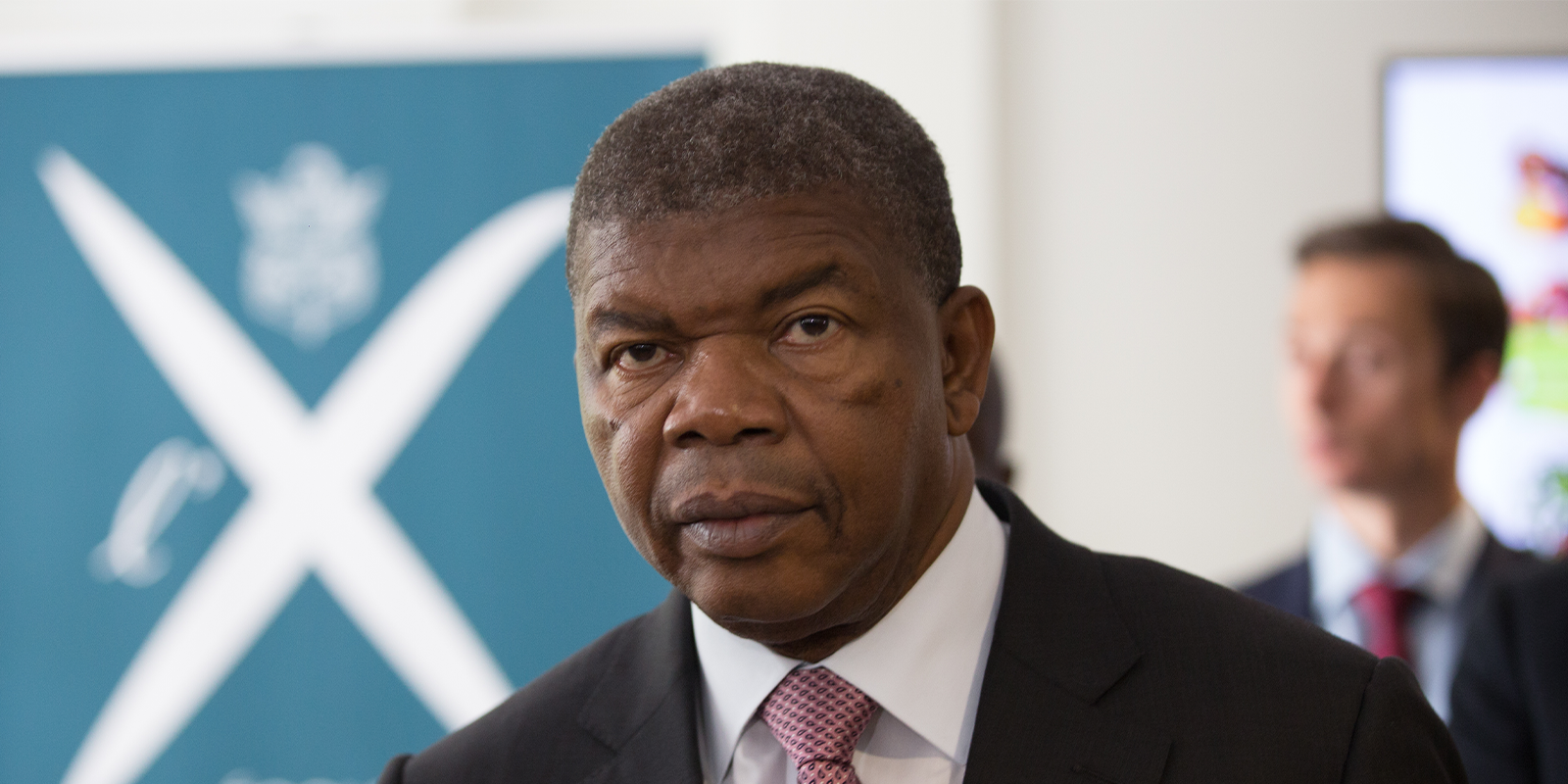News
Ronnie Kasrils’ Grotesque Commentary on Hamas’ Attack Reveals his Lack of a Moral Compass
If Kasrils wanted to be constructive, he would be thinking about how to get the parties to the table, and preaching moderation rather than giving an applause for terrorism against civilians.

Sun Tzu, the Chinese arch-strategist, wrote in The Art of War: “Strategy without tactics is the slowest route to victory. Tactics without strategy is the noise before defeat.”
Recently, Ronnie Kasrils, South Africa’s retired intelligence supremo and active militant, unwittingly proved this axiom in his speech on Hamas actions on 7 October, in which around 850 civilians were butchered and 240 taken hostage, and a further 258 Israeli military personnel lost their lives in repelling the attack. Kasrils described the Hamas action as, “A brilliant, spectacular guerilla warfare attack. They swept on them and they killed them and damn good. I was so pleased and people who support resistance applauded.”
It is unclear what sort of military tactics he is referring to, since the action was perpetrated mainly against unarmed civilians across 22 targets in Israel, including a music festival where nearly half the civilian deaths occurred. The military equipment employed by Hamas included assault rifles, RPGs, fuel to burn houses, cars and bodies, and kidnapping kits. The depravity committed, especially against women, is hardly the stuff of military legend.
Never mind, too, the subsequent, predictable Israeli retaliation, which Hamas would have foreseen and, indeed, incited. Since then, more than 17,000 people in Gaza, Hamas fighters as well as civilians, have been killed in retaliatory Israeli actions. “Damn good”, Ronnie, “damn good”.
After it became clear that he had gone too far, even for a wannabe militant, Kasrils defended his comments by saying that this was in the context of an assessment of the military tactics of Hamas.
“As a former MK commander who has keenly studied guerrilla war against superior forces I do assess,” he writes, “the Hamas raid which penetrated the security barrier and eliminated the IDF Gaza division as a spectacular military operation, and applaud that. My statement was not about the follow-up of an assault on the kibbutzim, which are military-defended residences, or the happening at the music festival.
“I did not talk about the objective of taking hostages as part of exchange for Palestinian teenagers and women, many held without trial, as an objective, but leaving children and the elderly aside, I do accept the validity of that.” The problem is that Hamas does not distinguish quite as disingenuously as Kasrils.
Of course, he is well-placed to comment on military tactics. In September 1992, Kasrils, once the head of intelligence in Umkhonto weSizwe, led 28 protesters to their deaths in trying to prematurely topple the Ciskei strongman Oupa Gqozo. The Goldstone Commission, tasked with investigating the massacre, condemned Kasrils for his irresponsible action in leading the marchers, breaking through razor wire and provoking the Ciskei forces into opening fire.
Judge Richard Goldstone said: “The leadership of the [Tripartite] Alliance should publicly censure Mr Kasrils and other persons who were responsible for the decision to lead demonstrators through the gap in the fence and thereby knowingly or negligently expose them to the danger of death and injury.”
Faulty intelligence
Not only did this run counter to the strategic negotiations then under way for the peaceful transfer of power in South Africa, but his intelligence was clearly as faulty as the haphazard tactics adopted. Kasrils should at least have known the man who commanded Ciskei’s troops was unlikely to turn the other cheek. And indeed, he did not, at great human cost.
Ignore, too, that this is the same man who more recently dismissed international support for Ukraine as “US interventionism”, rejecting the condemnation of criticism of Moscow as a double standard. Even though he was in the Cabinet at the time, he seems to forget that South Africa was a stern opponent of the US-led intervention in Iraq, while supporting Russia’s unilateral intervention in Ukraine. Marx’s dictum (Groucho, not the other one), applies: “These are my principles. If you don’t like them, I have others.”
Kasrils offers little insight into the art of war, more of a series of little verbal farts.
But his grotesque commentary is an indication, if nothing else, of just how long South Africans have been, to use another military expression, lions led by donkeys.
No one is pretending that the various governments of Prime Minister Benjamin Netanyahu should not bear their share of the blame in bringing Israel and Gaza to this point. But Hamas is not a victim. This was an action not to force Israel to the negotiating table, but to radicalise the Middle East and upset the growing relations between Israel and Arab states. It’s less of an indication of the power of the Palestinians, than of their weakness, and of the ascendant power of the Persians as the principal military sponsors of Hamas.
Given its ideology to eliminate Israel and Israelis, celebrating the success of Hamas, militarily or not, is akin to saying that the SS Einsatzgruppen of Nazi Germany were efficient and dedicated to their cause and task, never mind the moralistic horrors of such an assessment.
Kasrils lauds Hamas for its strategic genius. It takes one to know one, and the reverse is also true. Fighting for peace without a plan for a political settlement is, as one Israeli has memorably described using more colourful language, like “f*cking to achieve virginity”. The basic problem is not the bad Israelis, as Kasrils and fellow travellers would have it, but the absence of a political process per se, which accepts on both sides the right for each to exist.
Attempts at negotiation
Since the collapse of the Oslo process, serial attempts at negotiations have been tried, and failed, most notably at Camp David between the government of Ehud Barak and Yasser Arafat’s PLO. Prime Minister Ehud Olmert also tried a bold solution at Annapolis in 2008.
“I begged him [Mahmoud Abbas] to accept the deal,” recalls Olmert. “I said that you will never get a better deal. Let’s change history together. But he said ‘I will think about it’ and never came back to me. We have many good reasons to be pissed off. At a crucial time, Palestinians failed to respond. Then, over the last 15 years we did everything to ignore them.”
Whatever the challenges of negotiating with the Palestinians, “You don’t have to hate Israel to know that you have to pull out”, Olmert says.
Understanding why these attempts failed, and putting that right is much more useful than any pointers on insurgencies from Kasrils, the student of guerilla warfare.
“We have to accept our mistakes,” says Olmert, who later served a prison term for corruption. “They missed every opportunity but we helped them to miss, and in so doing created bitterness, cultivated and worsened by the regional states.”

There is much to criticise about the demanding, undiplomatic and insensitive transactionalism which has, from time to time, characterised the Israeli approach. But this is not part of the concern of Hamas, the organisation that Kasrils lauds. They are not interested in a two-state solution; only a one-state solution without Jews. One would have thought that a man supposedly committed to democracy in South Africa would have got that difference, maybe…
Netanyahu is the embodiment of a tendency towards short-termist actions, and a belief that the Palestinians could be divided between Hamas controlling Gaza and Fatah the West Bank, and thus ruled.
The breaking of the social contract between the Israeli public and Netanyahu’s right-lurching government will no doubt be on the Israeli domestic political agenda once Hamas’ military capabilities are given a hammering, if not crushed, over the next month. While we wait for the moment of peace to emerge, still more civilians will die.
If the Israelis have to learn to be patient and build trust, the Palestinians have to revise their anti-Zionist identity that frequently flows into anti-Semitic stereotyping, as Heribert Adam and Kogila Moodley noted years ago, of the worst kind. Hamas’ actions represent this kind. To support this is to support the destruction of the state of Israel.
Never mind that this is as unlikely as it may be polemically appealing, the irony is that Hamas reminds us of the fundamental purpose of the state of Israel: to create a safe haven for Jews in the wake of the Holocaust. How quickly this imperative has been forgotten in the slogans against Zionism, which started well before this latest war.
If Kasrils wanted to be constructive, he would be thinking about how to get the parties to the table, and preaching moderation rather than giving rah-rah applause for terrorism against civilians, and his feeble attempts at moral equivalence in criticising the Israeli response.
Writing this on the ground on the Israeli border with Gaza, the constant banging of artillery to our backs, helicopters chattering overhead, armchair military theory and commentary seem a world away. As another — far more serious — student of guerilla warfare, Mao Zedong, said: “Evil does not exist in guerrilla warfare but only in the unorganised and undisciplined activities that are anarchism.”
What the world witnessed on 7 October was a feast of brutal anarchism, not a military action worthy of serious evaluation.
A simplistic morality play of the sort driving Kasrils’ “analysis” is not only off the mark and nihilistic, but also pathetic and sad. He so desperately wants to be remembered as a revolutionary. But he will instead be remembered as callous and confused, absent strategic nous, ranting and raving, wheeling and tilting. He has entirely lost his moral compass, if ever he had one.
This article originally appeared on the Daily Maverick
Photo: Gallo Images


